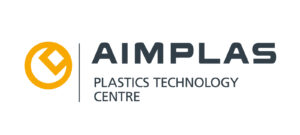
About
The Challenge
The integration of biobased biodegradable plastics into the circular economy requires the establishment of collection and sorting strategies for biobased biodegradable plastics that are compatible with current waste management practices and their subsequent recycling through novel technologies. The recycling of biobased plastics into recycled high-performing materials is a key challenge. Biobased plastic waste does not yet constitute a relevant amount of the total plastic waste (being only 1% in weight*). Still, due to their high weight in the political agenda, it is easy to foresee that biobased plastics will gain a relevant market share in the near future.
ReBioCycle
Provides a portfolio of bioplastic sorting and recycling technologies within three complementary waste-processor-centric hubs at a demonstration scale and in the real operational environment the effective and efficient recycling of three types of bioplastics (e.g., PLA, PHA, composites) to demonstrate a higher impact of obtaining the same or superior grade recycled polymers and other higher–value applications.
(*) Ref: Reshaping Plastics (https://plasticseurope.org/reshaping-plastics), Systemiq (2022).
Key Information about ReBioCycle
| Type of project | Innovation Action - Demonstration |
| Project lifetime | From 1 October 2024 to 30 September 2028 |
| Coordination | University College Dublin, BiOrbic Research Ireland Centre for Bioeconomy, Dublin |
| Grant Agreement nr | 101156032 |
| Total granted amount | 7 497 001 Euro for a total budget of 10 416 832 Euro |
| Project focus | Bio-based polymers and plastics |
| Feedstock origin | Other and new |
| Feedstock type | Bioplastics |
| Granting authority | Circular Bio-based Europe Joint Undertaking |
| Call identifier | HORIZON-JU-CBE2023 |
The Consortium
The consortium brings together leading bioplastics brand owners (NOVAMONT, TotalEnergies Corbion, Corbion) to scout and nurture innovative bioplastics recycling technologies developed by TORWASH, Corbion, GlasPort Bio, University College Dublin, Trinity College Dublin, AIMPLAS, the Spanish National Research Council CIB Biological Research Center, and NOVAMONT which will be demonstrated across three European hubs located in the Netherlands, Spain and Italy.
The consortium includes solid waste sorting and processing companies (e.g., S.A. Agricultores de la Vega de Valencia, IREN Group with AMIAT and I.BLU, NTCP).
The project’s sustainability and replication will be guaranteed through Life Cycle Analysis performed by ARCHA and the setup of a Safe and Sustainable by Design framework by Trinity College Dublin and ARCHA.
Industrial-grade specifications will be verified by biopolymer brand owners and by demonstrating real-world products for durable (ARAPAHA: PLA) and multi-use packaging (SULAPAC: PHA and composites).
Partners European Bioplastics, the European association of bioplastics, and Magfi, a sustainability-focused boutique advisory firm, will develop tailored dissemination and exploitation plans.
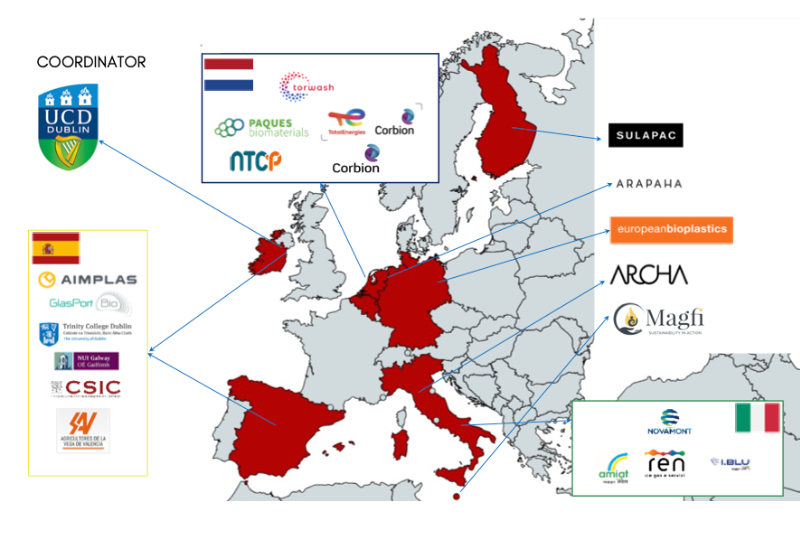
The Coordinator
The coordinator is a leading European Bioeconomy scientist, innovator and thought leader, Kevin O’Connor, University College Dublin academic and Director of the BiOrbic Research Ireland Centre for Bioeconomy (BiOrbic).
BiOrbic is an Irish nationally funded research centre on the bioeconomy. It is headquartered in University College Dublin (UCD). As a bioeconomy centre, BiOrbic performs research and targets multi-actor collaborative projects, e.g., European-funded projects. BiOrbic collaborates on fundamental and applied research that includes scaling up demonstrations of technologies in the bioeconomy. BiOrbic also engages multiple stakeholders, including policymakers.


University of Galway, O’Flaherty Lab, Ireland

University College Dublin, National University of Ireland, Dublin, Ireland

Trinity College Dublin, Ireland

TotalEnergies Corbion BV, The Netherlands

TORWASH BV, The Netherlands

SULAPAC Oy, Finland

Spanish National Research Council (CSIC) CIB, Biological Research Center, Spain
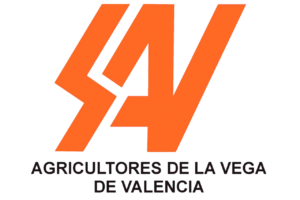
S.A. Agricultores de la Vega de Valencia, Spain
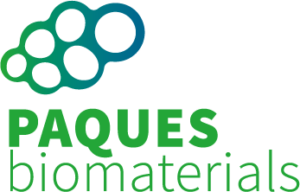
Paques Biomaterials BV, The Netherlands
Nationaal Testcentrum Circulaire Plastics, The Netherlands
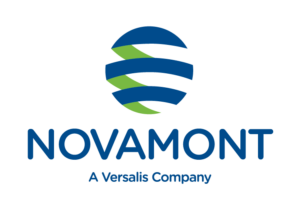
NOVAMONT, Italy

Magfi Ltd, Malta
Kaneka Belgium, Belgium

Iren Group, Italy
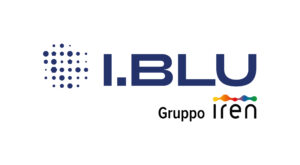
I.BLU, Italy

GlasPort Bio, Ireland

European Bioplastics, Germany
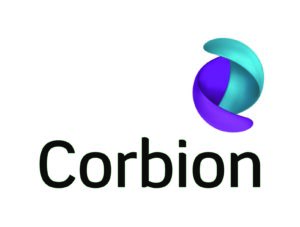
Corbion BV, The Netherlands

BiOrbic Research Ireland Centre for Bioeconomy

ARCHA S.r.l., Italy
ARAPAHA BV, The Netherlands

AMIAT- Azienda Multiservizi Igiene Ambientale Torino S.p.A., Italy
